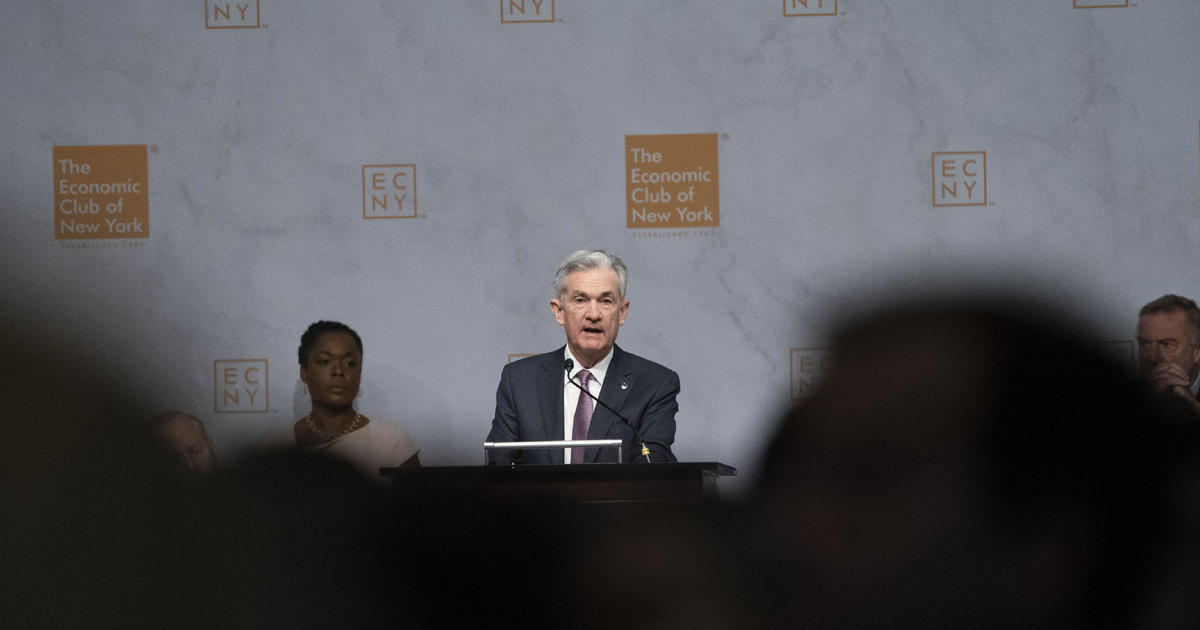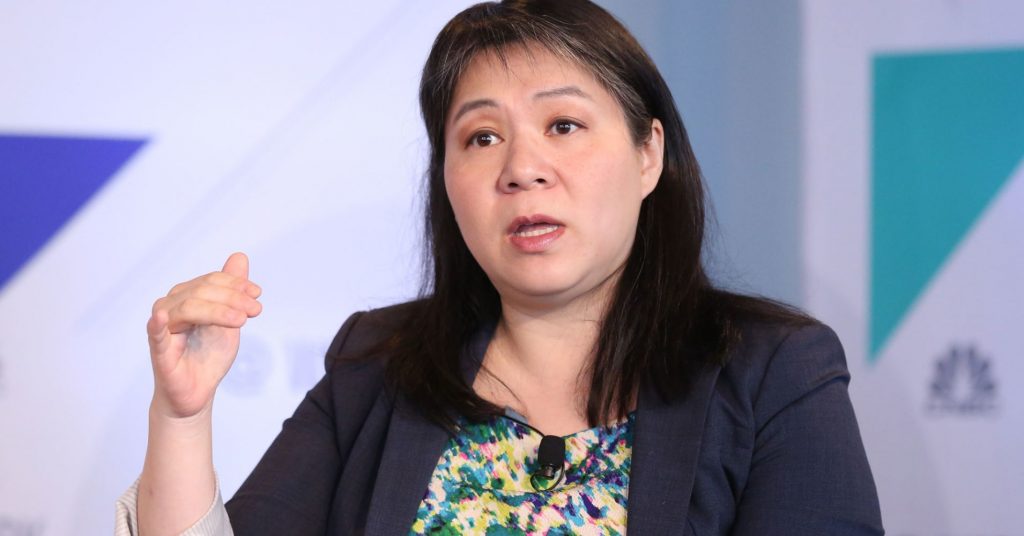
Federal Reserve officials are seemingly on track to raise a key interest rate in December, but they showed more caution in their most recent meeting and indicated the pace of future hikes might need to slow given emerging risks to the economy.
Minutes of the Nov. 7-8 meeting of the Fed’s rate-setting body, the Federal Open Markets Committee, show that officials expressed concerns about a variety of threats, including the impact of tariffs, a slowing global economy and tightening financial conditions amid falling stock prices. Some noted the slowdown in business investment in the third quarter, pointing to “anecdotal evidence regarding higher tariffs and uncertainty about trade policy, slowing global demand, rising input costs, or higher interest rates” as possible reasons, according to the minutes.
Conditions in the agriculture sector remained “depressed,” thanks in part to trade disputes, according to the minutes.
The Fed has raised rates three times this year and has been saying the economy is in strong shape. The minutes show support for a fourth rate hike this year when the committee meets again, Dec. 18-19, if the labor market and inflation continue as expected. But after that, officials said further hikes would not be on a preset course.
Fed officials have indicated for some time that they plan to keep raising rates until they reach a “neutral” point, neither slowing down nor boosting economic growth. But few economists seem to know what “neutral” means. Fed Chair Jerome Powell caused stock prices to surge on Wednesday when he said the current interest rate was “just below” the range within which a neutral rate could fall. The latest minutes indicate that a “couple” of Fed members felt the same.
Analysts expect changes to policy, if any, to come in the second half of next year. “We still expect the Fed to hike rates twice in the first half of next year, before a slowdown in economic growth to below potential forces it to the side lines,” Paul Ashworth, chief U.S. economist at Capital Economics, wrote in a note.
— The Associated Press contributed reporting
© 2018 CBS Interactive Inc.. All Rights Reserved.

